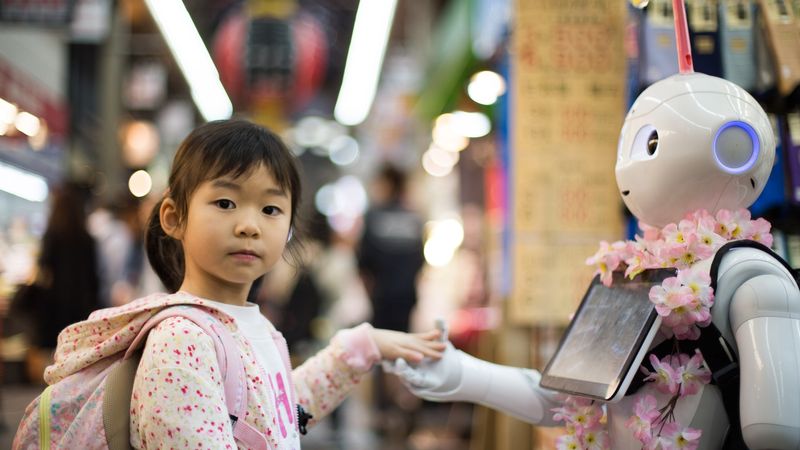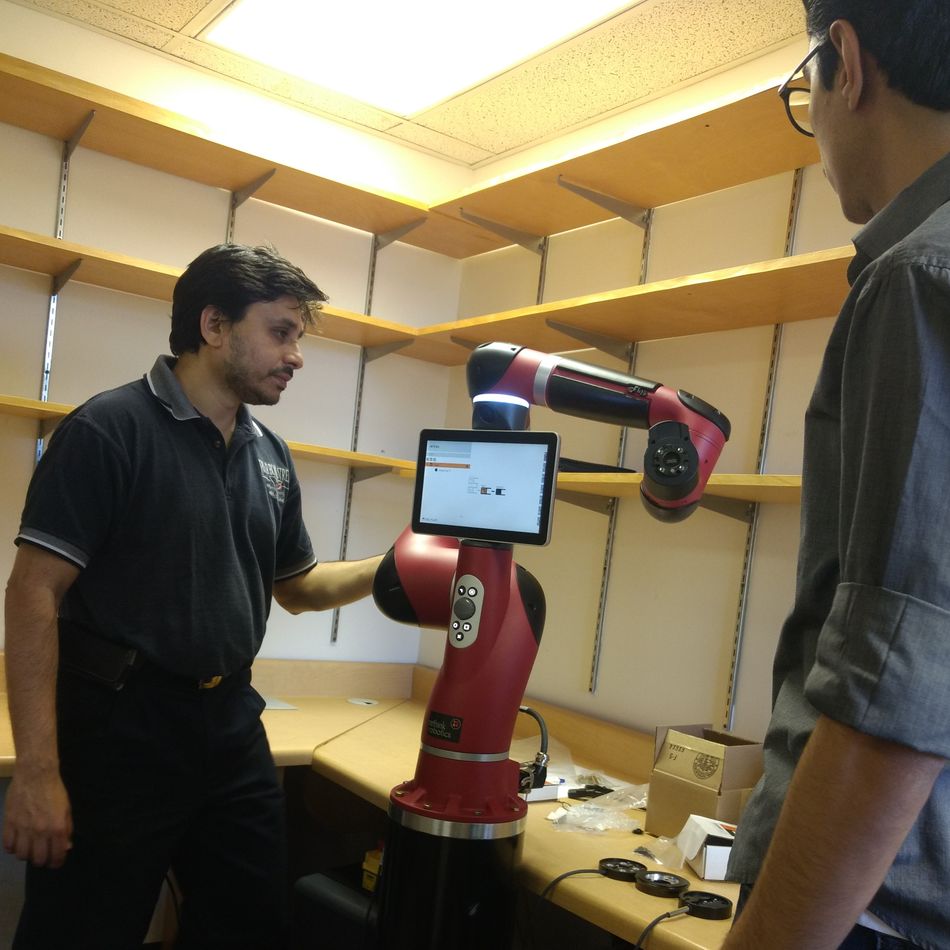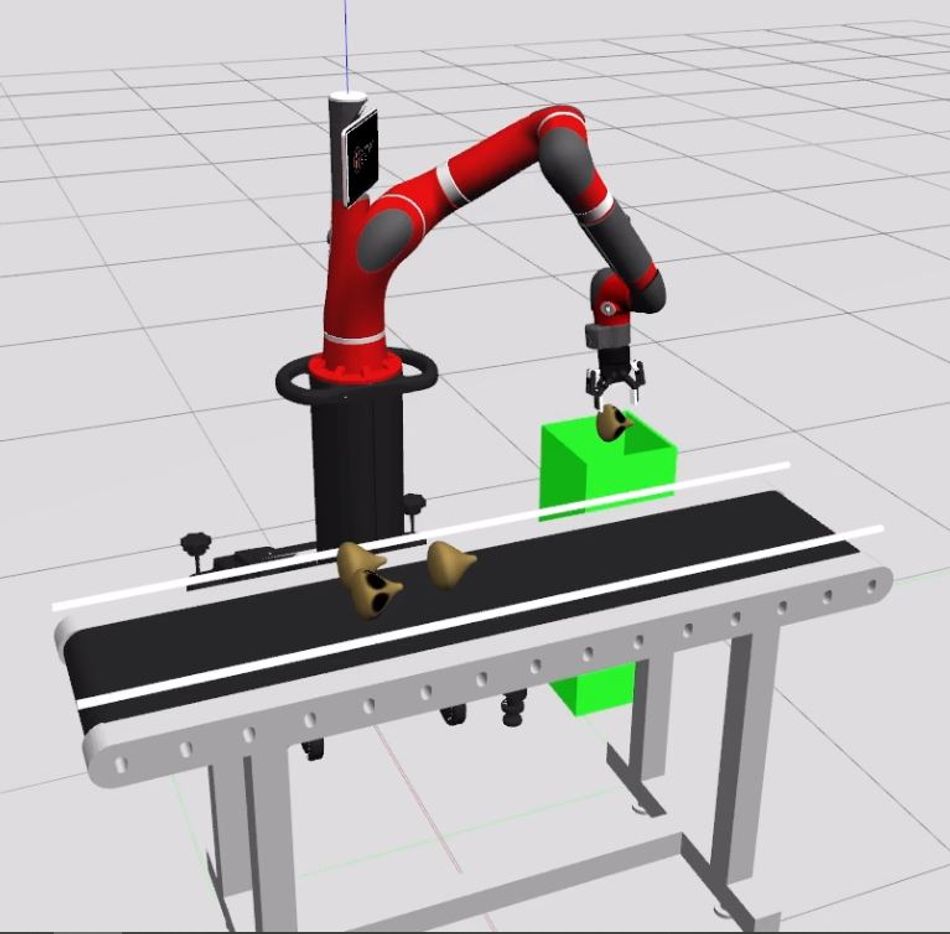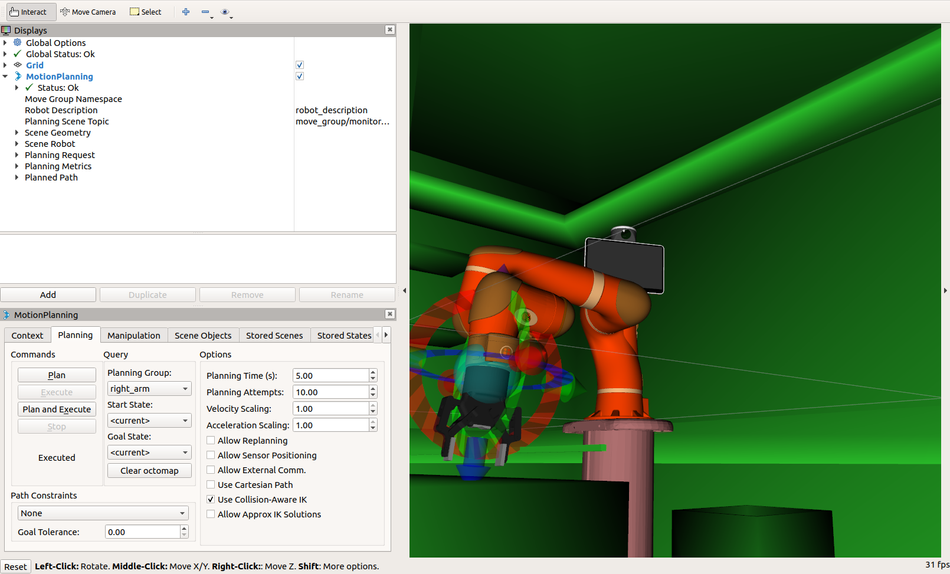How far along are we in the AI-Human "race"?
And how are AI scientists involved in this?

Image credits: https://unsplash.com
This article was first published on
www.wevolver.comIf you are reading this, you've perhaps come across these discussions on the internet: "Is AI going to take away your jobs?", "Will AI replace humans by becoming better than them in every task?", and also some exaggerated, melodramatic versions like: "AI armageddon!!" and "Evil Robots will take over!", etc. To add fuel to fire, Hollywood paints a vivacious picture of just that. I haven't yet come across a robot/AI movie that ends well, have you? All this said and done, have you ever wondered where we are in that path? Is everything Hollywood saying true? Will I indeed lose my job? Will robots take over the world? Whoaaa... It's ok, take a breather! You're going to be fine! The world will be fine!
In this article, I will give you my take on where we are possibly headed and what could be a plausible reality we can prepare for. We will also look at the contribution of THINC Lab, where the best minds come together to create AI solutions to enrich and enhance human life. But first, let's just pause and mull over the remarkable progress mankind has made since we stepped on the planet... From not knowing how to light a fire, we've created rockets that blast off into space using fire, from not knowing how to verbally communicate with each other, we've sent out voyager satellites hoping to communicate with other intelligent beings out there! and throughout this incredible journey, mankind has gone through a phenomenal evolution, but the one thing we've always been very good at is survival! Everything we do, we do to survive and grow, emotionally, socially, culturally, and ofcourse, intellectually. So why are we creating something that might threaten our existence one day? The short answer, WE'RE NOT! At least that's not the intent!
I personally feel there's a lot of miscommunication or just a lack of communication between the actual architects who work on building these systems and the stakeholders/consumers who are on the receiving end of it. You might've heard of people referring to AI as a double-edged sword, but aren't we humans building the swords in the first place? Couldn't we alter its design with time as needed? Absolutely. Everytime a new scientific invention is made, people fear the loss of jobs and a detrimental shift in paradigm. It doesn't have to be that way as long as the Engineers and Scientists building it are cognizant of the journey we are on. But then people point me to the industrial revolution that caused a massive loss of jobs and turned people's lives topsy turvy, I say look at the world now, people adapted, developed and switched to better domains that demanded the innate humanness. Change is always messy and it takes time for the chaos to reach a steady-state, but that fear of change can't hamper our curiosity and imagination, for like Einstein said, "Knowledge is limited, but imagination encircles the world".
But hey, I still haven't told you where we are on this journey. Although there's some debate about it, the common consensus is that AI began sometime in the early 1950s. From the time of Alan Turning (also called the Father of AI, and there is an award attributed to his name - you guessed it, the Turing award), we have made some significant strides in the field of AI and with Quantum Computers coming up, the power of AI seems limitless. We live in the age of Neural Networks, where a bunch of neurons (yes, that is an analogy of the human brain adapted in the NN architecture) crunch data using the fastest computers and learn "patterns". Using these "patterns" or optimized objective function model(s), they can make predictions about the future or recognize other objects that belong to the class of data they were trained on. Some eerily advanced applications include Deep Fakes, Generative Networks, etc. Also in the field of Robotics, we've handsomely advanced to create robots that can deliver packages to your house, cars that can drive themselves and we're also in the process of building military robots. So, if AI and robots can do all this, what promise do we have that they will not outperform humans and take over jobs? Honestly, we don't. It would be foolish to think that some jobs would not be displaced/restructured by AI and Robotics.
But since we can see it coming now, we can prepare for it, adapt, and make a smooth transition into this new era. But for the most part, the intent of AI/Robotics is to work alongside humans to aid and improve human life. One such example is the project our researchers at THINC Lab are involved in. At THINC, we strive to create cutting-edge AI solutions that can be seamlessly integrated into industries and workplaces. A real-life example of such a solution is the one we are currently developing with the funding provided by the National Science Foundation to create intelligent robots that work alongside humans in an onion sorting plant to sort onions quickly and efficiently.
You may say, "Hey, how hard can that be?", but think about this, humans possess generations of evolutionary intelligence combined with a unique set of sensory apparatus that help us feel, see and understand if an onion is good/bad for consumption. However, all a Robot sees is a mathematical representation of the world around it, and teaching it to do this task involves significant challenges, especially when you expect it to collaborate safely with humans. We are currently developing a Neural Network - SA-Net for seeing and interpreting the visual information and combining it with our unique in-house recipe of a classical AI algorithm that would tell the robot what to do and how to do it. If you are interested to read more about what we do, check out our website. Thanks for taking this trip on my train of thought!


